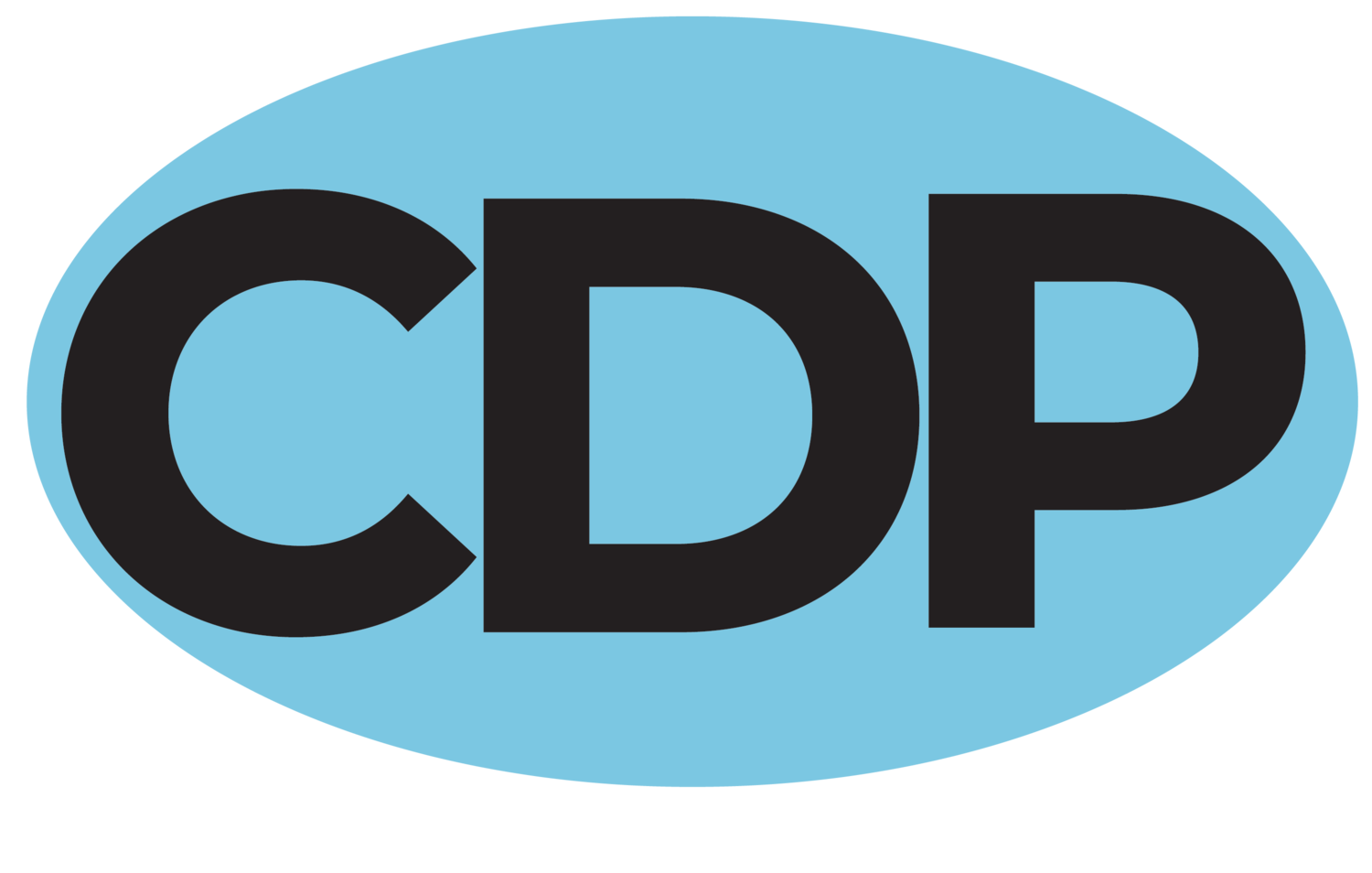Excerpts Series: Personalities in the Workplace
A little bit of a background as we talk about Personalities in the Workplace:
First we want to consider that personalities are hardwired, meaning, I didn’t get to choose my personality and you didn’t get to choose yours. Personalities are given to us. They are part of our make up. They are the fabric of who we are as created beings. We have to know that we are able to control some elements of our personality, but some traits are hardwired into who we are. If we can understand different traits and how others respond, we can learn how to manage different personality traits within our organization.
Acknowledging that there are some things about personalities that are just hardwired will help us begin to understand the different ways different personalities react to others, their surroundings or the world in general and we can learn to make that distinction between needs and wants.
Most behavior is reactive not personal. If I can remember this when I have a conversation with someone — they’re probably reacting out of their personality type rather than cognitively thinking about how to react to me personally — this will help me respond to them more appropriately. Most of the behaviors that come from people are reactions out of their base personality. They’re not trying to react in certain way. If we can recognize this foundational understanding about personalities — that most behavior is reactive, not personal — this will help us in our communication with others.
Our entire goal in this workshop, in regards to Personalities in the Workplace, is that we want to maintain a positive working environment. That’s our goal. And in order to do that, we have to understand and be able to say, it’s not about me. My contribution to a positive work environment puts my focus on others. In other words: it’s not about me — it’s about you. I can control me. I can understand my reactions and the way I perceive things with my personality. This means that when I’m trying to have a positive work environment, I need to understand your personality. How do you need to receive information from me in order to have a positive working environment? So much of the conversation in this course revolves around this principal: it’s not about me — it’s really about you.
We have found in our study of personalities that there are many, many different types of personality assessments and tests. Most of us have probably taken one or more of these different personality tests. In the context of this particular webinar we will focus on a personality assessment that was put together by Mick Copes. It was specifically designed for business and focuses on communication as part of understanding who we are as people. At CDP we use a modified version of his work in order to assess different personality types.
So there are four basic personality types when using this particular assessment. They are outlined below.
-
Ambitious
Stimulating
Enthusiastic
Dramatic
Friendly
Spontaneous
-
Supportive
Respectful
Willing
Dependable
Agreeable
-
Industrious
Persistent
Serious
Exacting
Orderly
Perfectionists
-
Strong willed
Independent
Practical
Decisive
Efficient
High Achievers
Which one(s) do you think or know that you are? If you’d like to access the training on Personalities in the Workplace, click the button below.


